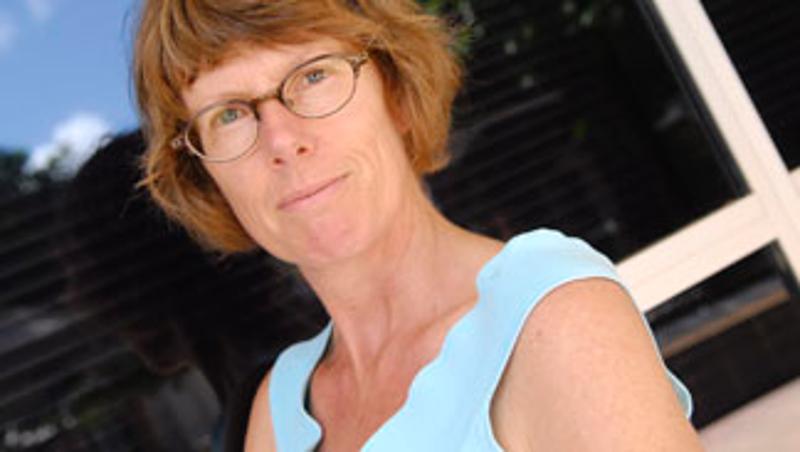
Societal power structures and some pop culture stereotypes which lead some men to fear appearing weak are often behind intimate spousal abuse, a new study has found.
Clare Murphy of QUT's Faculty of Law has, as part of her PhD research into men's intimate partner abuse and control, interviewed 16 men who have been physically, emotionally, sexually or financially controlling of a live-in female partner and participated in programs to stop abuse.
Her research found many men who had been abusive thought that displaying behaviours such as showing empathy and love meant they would be seen as less masculine by other men.
"Most of the men I interviewed were not keen to experience the lack of acceptance and humiliation that goes along with being low on the masculine hierarchy," said Ms Murphy.
"This then led them to struggle their way up the ladder to gain acceptance from other men.
"Many of the men I interviewed learned at school that to gain acceptance and respect they had to use physical violence, verbal abuse and psychological bullying; teachers and sports coaches often turned a blind eye to these abusive and controlling practices."
She said even men who wanted a loving, non-abusive relationship with a woman may suppress loving and caring practices to avoid being ostracized by other men.
Ms Murphy has spent two years facilitating women's programs at Hamilton Abuse Intervention Project in New Zealand, researching how women coped with psychological abuse.
"I saw a small number of violent men, and began to recognize complexities and contradictions that were not part of popular notions about domestic violence," she said.
"I wanted to investigate these nuances further and I was driven to understand the perspectives of those men who abuse and control their female partners."
She defined spousal abuse as the use of a systematic pattern of wide ranging tactics used to establish and maintain power and control over a female partner.
"Not all perpetrators use physical violence; rather they may use psychological abuse including mind games, degradation and violation of trust," said Ms Murphy.
"They may sexually abuse their partner, control finances, prevent her from working, isolate her from family and friends and prevent her from getting any medical help she might need."
Society tends to depict perpetrators of domestic violence as non-white, poor, young men, according to Ms Murphy, and if a white, middle-class man's violence makes the news, women are often investigated to see how they may have provoked the response.
"Often men who do not fit the stereotypes do not define themselves as perpetrators," said Ms Murphy.
"This decreases the possibility of seeking to change.
Ms Murphy said for intimate partner abuse to cease, changes had to occur in individuals and institutions that practise and condone hierarchical power and control regardless of context.
"This includes those who denigrate homosexual men or women, education officials who do not reinforce school bullying policies, legal professionals who do not reinforce laws against elder abuse, TV sports comedy programs that favour misogynistic jokes and companies that record music that supports domestic violence."
Clare Murphy is available until Monday February 9 for media comment.
Media contact: Sharon Thompson, QUT media officer - 3138 4494 or sharon.thompson@qut.edu.au


